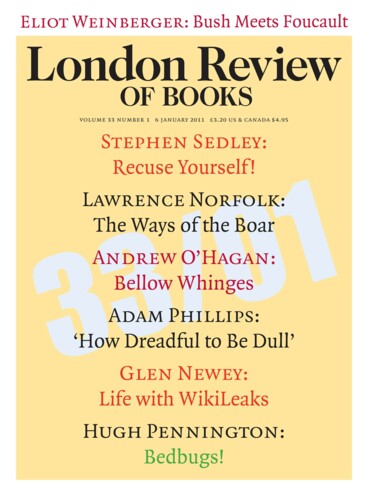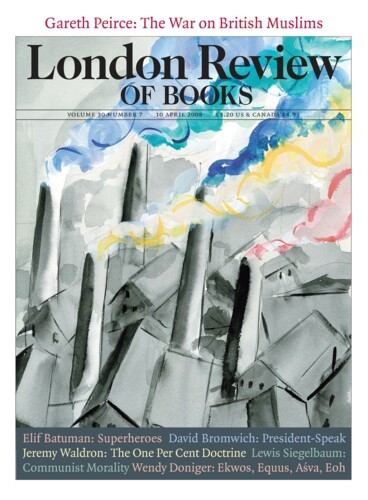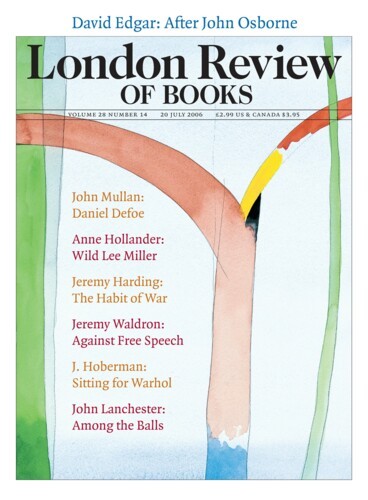I have always liked hanging around courtrooms. In the Crown Court in Oxford in the late 1970s, I happened on the trial of a racist agitator, who had festooned the streets of Leamington Spa with posters depicting Britons of African ancestry as apes. He was charged under the Race Relations Act with inciting racial hatred. Leamington Spa at that time was home to Robert Relf, a leader of something called the ‘British Movement’, who had made a name for himself earlier in the 1970s by advertising his house for sale ‘to a white family only’. I don’t remember exactly what Relf’s involvement was in the case that I sat through. I do remember that the defendant was convicted by the jury and sentenced by a crusty old English judge to a short term of imprisonment.
I have always liked hanging around courtrooms. In the Crown Court in Oxford in the late 1970s, I happened on the trial of a racist agitator, who had festooned the streets of Leamington Spa with...





